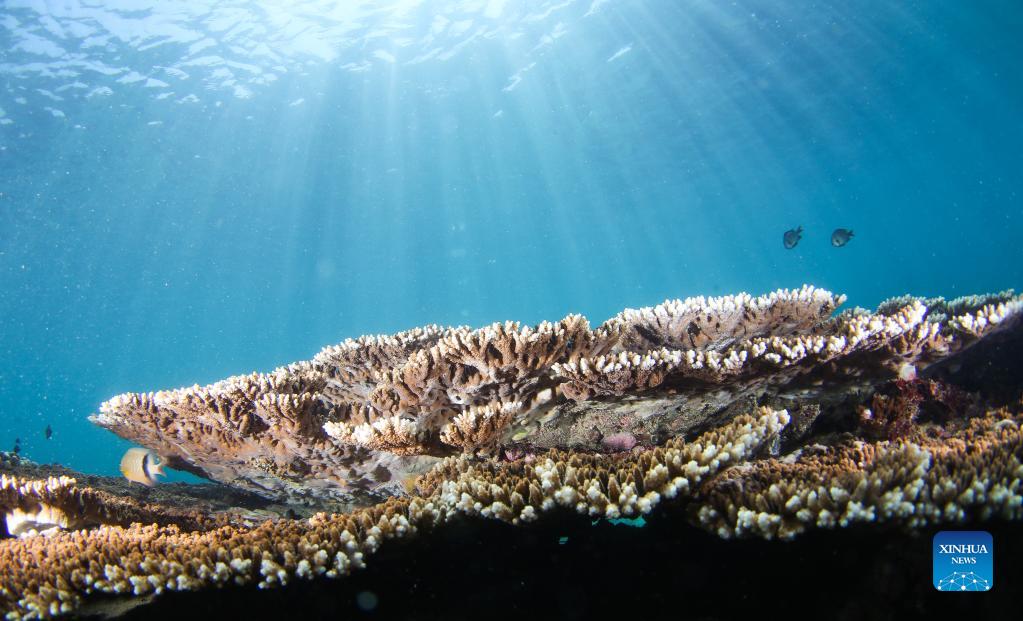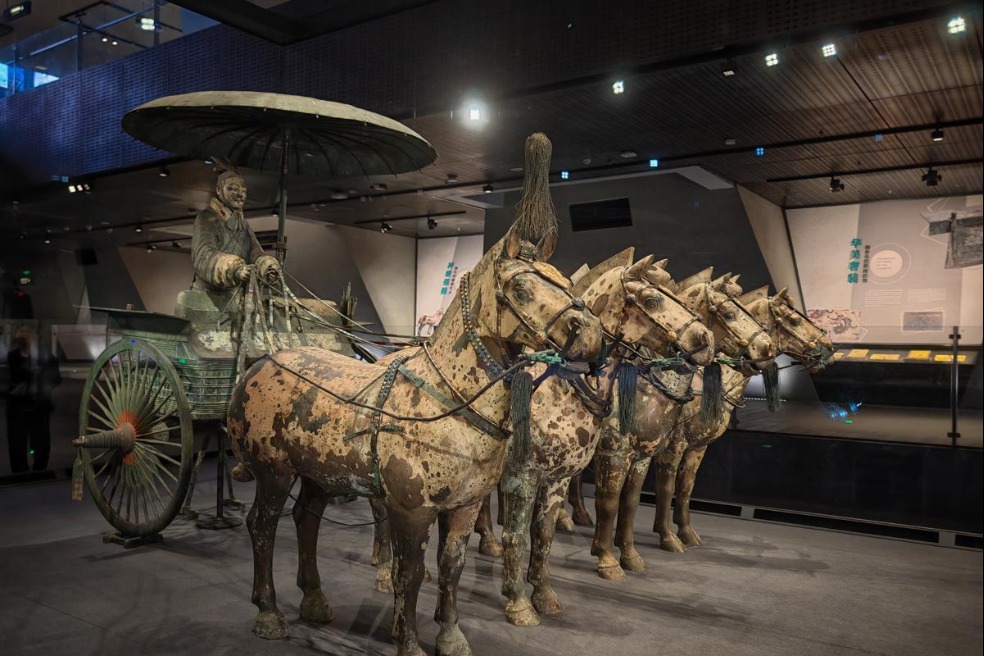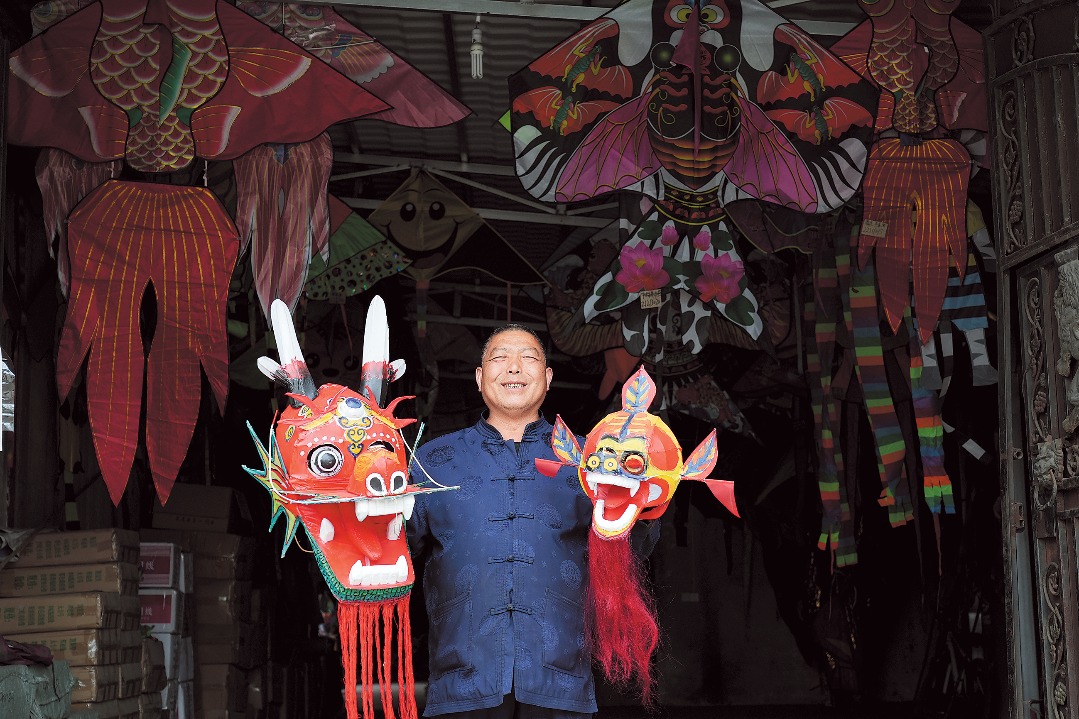What to expect from first UN global conference on ecological civilization


KUNMING -- The 15th meeting of the Conference of the Parties to the Convention on Biological Diversity, known as COP15, kicked off on Monday in Kunming, capital of Southwest China's Yunnan province.
The meeting, which has drawn much attention from the international community, is the first global conference convened by the United Nations (UN) on the topic of ecological civilization, a philosophy proposed by China.
Elizabeth Maruma Mrema, executive secretary of the Convention on Biological Diversity, said the philosophy demonstrates "the mainstream of biodiversity across sectors and departments, which is also critical for all countries to achieve the global biodiversity goals."
The meeting, set to be held in two parts, will see the adoption of the post-2020 global biodiversity framework, which will provide a strategic vision and a global roadmap for the conservation, protection, restoration and sustainable management of biodiversity and ecosystems for the next decade.
"Addressing the challenge of halting ongoing losses of species and genetic diversity and the damage to our ecosystems will determine the well-being of humanity for generations to come," said Mrema.
She said protecting nature's invaluable contributions to people requires that the international community harmonize policies and actions at every level.
"The global biodiversity framework, based on the best available science and evidence, is fundamental to meeting these needs," Mrema said.
The first part of COP15, to last until Oct. 15, is expected to adopt a declaration that experts said would build momentum on the cause of biodiversity conservation.
The declaration is an opportunity for governments all over the world to show their support for the level of ambition that needs to be reflected in the framework, said James Roth, senior vice president for global policy and government affairs at Conservation International.
In the second part of the meeting to be held offline in Kunming next spring, the global framework agreement will be presented for final consideration and decision making.
Experts have placed high hopes on the framework, looking forward to ambitious yet feasible goals.
Inger Andersen, the executive director of the UN Environment Program, said that the adoption of a 10-year roadmap for conserving biodiversity at the meeting will mark a significant milestone in reversing a loss of species that has accelerated due to climate change and population pressure.
Many ecologists have called for efforts to increase the target for the percentage of land and sea that should be in a protected area and give more attention to protecting the world's remaining primary natural forests.
China, the host country of COP15, is among the first countries to become a party to the Convention on Biological Diversity. It has also ratified two protocols to the convention, namely the Cartagena Protocol on Biosafety and the Nagoya Protocol on access and benefit-sharing.
To improve biodiversity governance, China has made biodiversity conservation a national strategy, rolling out measures to improve legal and policy frameworks, expand oversight on law enforcement and encourage public participation.
The country's hard work to advance biodiversity conservation at home and efforts to promote global cooperation to reverse the loss of biodiversity have been applauded by the international community.
Offering to host the COP15 conference is "a clear demonstration of China's leadership and commitment to biodiversity," said Mrema.
She said China's restoration efforts over the last decades clearly represent a good model for future work, which can also be emulated and learned by other countries.
Paul Smith, secretary general of Botanic Gardens Conservation International, said "China has shown impressive leadership" in biodiversity conservation and plays a mentoring and support role for institutions and countries in the global south and developing countries.
- Beijing improves services to facilitate film and television projects
- Beijing man inherits properties after years of caring for elderly neighbor
- South China sees vast increase in precipitation
- Chang'e 7 to survey the lunar south pole in 2026
- Finland and Guangdong's Xuwen county forge dynamic sports partnership
- China dominates global tunneling projects at World Tunnel Congress





































